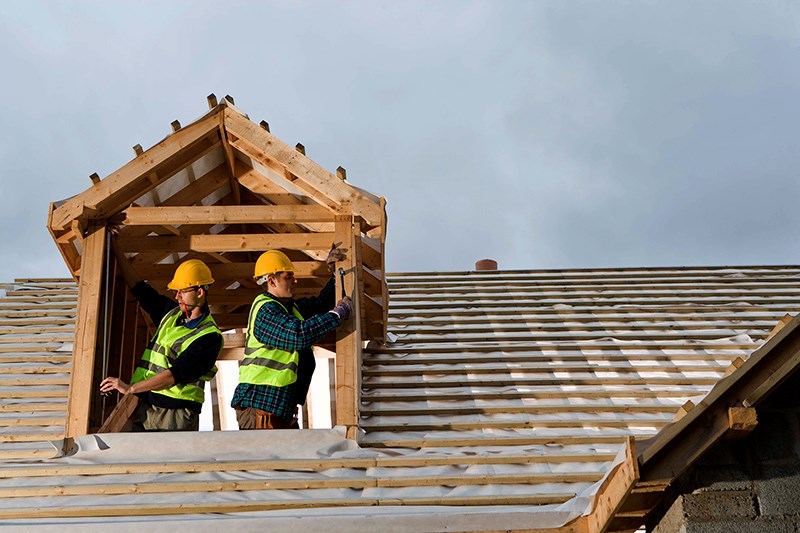It’s standard procedure for cities to run their major growth plans by one another, such as Coquitlam’s reaching out to Port Coquitlam for comment on its vision for northwest Burke Mountain.
But that may not be enough in the future and here’s why:
First, people are much more sensitive to new development than they were in the past.
They are more acutely aware of the environmental impacts of development; for example, they know building up the mountain reduces bear habitat, forcing bruins into neighbourhoods in search of food. They also know what is good for residents of one city can be a traffic headache for people in neighbouring communities.
Second, road infrastructure linking neighbourhoods may need a defter touch than current procedures allow.
It’s not enough for cities to develop road plans independently from one another. They need consensus, as challenging as that might be to achieve. That way, it's less likely one city will gripe about the traffic it gets from its neighbours.
Similarly, when it comes to civic facilities, could there be more regional planning from a Tri-Cities perspective so all users fairly bear the cost?
There has been collaboration between the cities in transportation and many other issues, as well as a Tri-Cities Joint Council. Metro Vancouver also provides regional oversight on land use planning and transportation.
Maybe a made-in-Tri-Cities version should be considered.
When it comes to major plans that will increase a city’s population by a certain threshold — say more than 10% — a new regional table should be established to ensure growth issues are dealt with in a way that doesn’t benefit one jurisdiction to the detriment of another.
The details of how this table would work, who would participate and make decisions, and what role the public would play needs more fleshing out. But it may be something to consider as we move towards a denser future.
This wouldn’t have been an issue had there never been three separate city infrastructures and politicians will argue that their role is to reflect the needs and concerns of their own voters.
And to be clear, we are not calling for amalgamation, which has long been a non-starter locally, nor are we saying cities are just a charming anachronism from the past.
But times have changed from the days when acres of forest and a few roads separated the three cities. It’s time for a new way of doing business.



